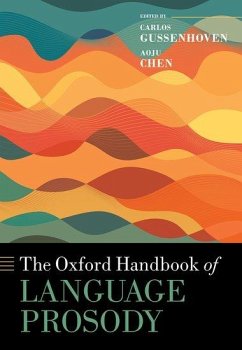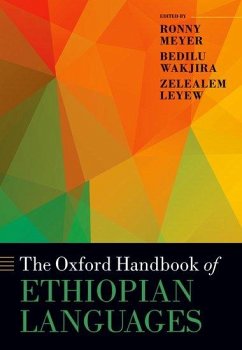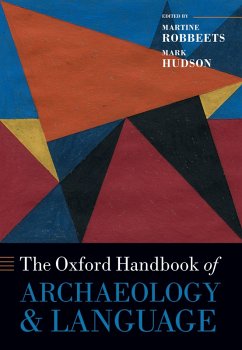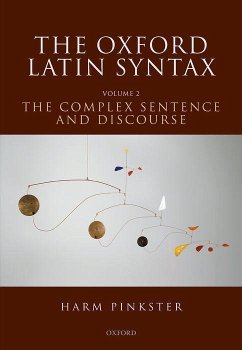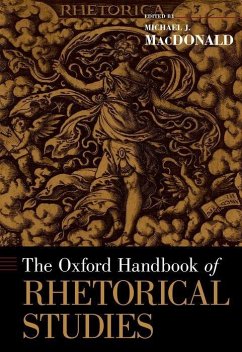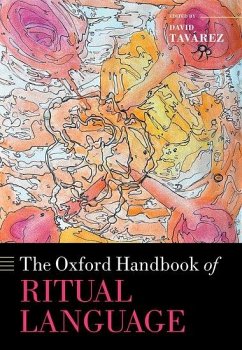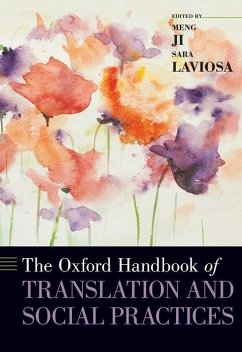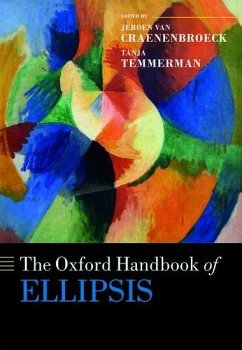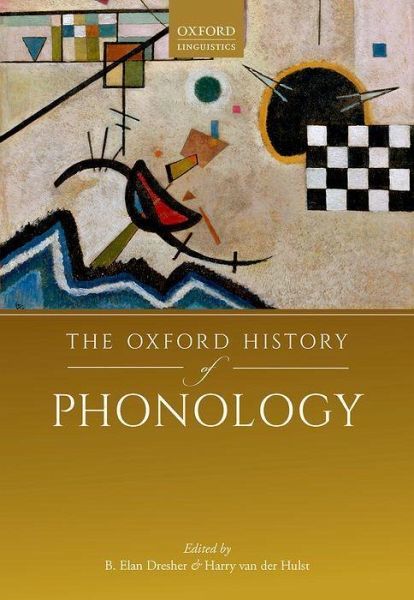
Gebundenes Buch
The Oxford History of Phonology
Versandkostenfrei!
Versandfertig in über 4 Wochen

PAYBACK Punkte
95 °P sammeln!




This volume is the first to provide an up-to-date and comprehensive history of phonology, spanning the history of phonological thought from Panini to the latest advances in computational modelling and learning. This in-depth exploration provides new perspectives on where phonology has been and sheds light on where it could go next
B. Elan Dresher is Professor Emeritus of Linguistics at the University of Toronto. He has published on phonological theory, learnability, historical linguistics, West Germanic and Biblical Hebrew phonology and prosody, and the history of phonology. He is the author of Old English and the Theory of Phonology (1985/2019) and The Contrastive Hierarchy in Phonology (2009). His research has been published in journals such as Linguistic Inquiry, Language, Linguistic Variation, Annual Review of Linguistics, and Transactions of the Philological Society, and in edited volumes from OUP and Wiley-Blackwell. Harry van der Hulst is Professor of Linguistics at the University of Connecticut. His research interests include stress, syllabic structure, segmental structure, sign language, gesture, language evolution, and phonological acquisition. His many books include Word Stress: Theoretical and Typological Issues (CUP, 2014), Asymmetries in Vowel Harmony: A Representational Account (OUP, 2018), and Principles of Radical CV Phonology: A Theory of Segmental and Syllabic Structure (Edinburgh University Press, 2020). He is Editor-in-Chief of the journal The Linguistic Review and co-editor of the Mouton de Gruyter series 'Studies in Generative Grammar'.
Produktdetails
- Verlag: Oxford University Press
- Seitenzahl: 872
- Erscheinungstermin: 24. Juni 2022
- Englisch
- Abmessung: 247mm x 177mm x 54mm
- Gewicht: 1733g
- ISBN-13: 9780198796800
- ISBN-10: 0198796803
- Artikelnr.: 62271237
Herstellerkennzeichnung
Libri GmbH
Europaallee 1
36244 Bad Hersfeld
gpsr@libri.de
Für dieses Produkt wurde noch keine Bewertung abgegeben. Wir würden uns sehr freuen, wenn du die erste Bewertung schreibst!
Eine Bewertung schreiben
Eine Bewertung schreiben
Andere Kunden interessierten sich für


